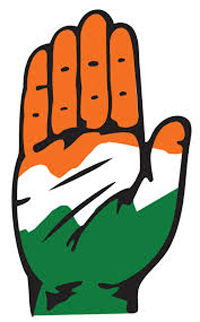Srinagar:
The UN has denied that the Indian government was preventing the UN Military Observer Group in India and Pakistan from making reports.
Asked by a reporter on Thursday if the UNMOGIP was not making periodic reports “because the Indian government does not allow them to,” Secretary-General Antonio Guterres’s Deputy Spokesperson Farhan Haq denied that there were any constraints imposed by India.
He said the mission had different mandates and was not required to file reports like some of the other missions.

“Different peace-keeping missions have different mandates, and including different reporting mandates,” Haq said.
“The earliest peacekeeping missions that include UN Monitoring Group India Pakistan (UNMOGIP) and the UN Truce Supervision Organisation (UNTSO), come from a different era where they have completely different reporting requirements.”
Some of the recent UN operations submit periodic reports at three to six month intervals, in addition to others dealing with specific developments.
UNMOGIP, originally set up in 1948 as the United Nations Commission for India and Pakistan (UNCIP), is tasked by the Security Council with monitoring the Line of Control.
While allowing the UNMOGIP to function, India has maintained that it no longer has any relevance because under the 1972 Simla Agreement New Delhi and Islamabad agreed to deal with their differences bilaterally.
UNMOGIP is headed by Swedish Major General Per Gustaf Lodin and has only 38 military personnel.
Haq said that Guterres was monitoring the situation in Kashmir and is concerned about the developments there, but has no plans for a visit.
Asked by a reporter in the context of the current visit by Guterres to Iraq to assess the situation there if he was concerned about the Kashmir situation, Haq said: “He can pay attention without necessarily visiting.”
“Even when he does not visit countries, though, he is aware of the problems there and we have, as you know, many levels of officials, including country level officials who are there to deal with the various problems that arise.”
“The basic point is we have concerns about the situation in Kashmir,” Haq added.
“We do monitor the situation and we have different levels of contacts with governments of India and of Pakistan.”















